Fliban 100 mg has emerged as a transformative medication for addressing hypoactive sexual desire disorder (HSDD) in women, offering hope to those experiencing distress due to diminished sexual desire. This guide explores Fliban 100 mg comprehensively, discussing its uses, mechanisms, benefits, precautions, and frequently asked questions to provide a detailed understanding of this groundbreaking drug.
1. What is Fliban 100 mg?
Fliban 100 mg, containing the active ingredient Flibanserin, is a non-hormonal medication designed to treat hypoactive sexual desire disorder (HSDD) in premenopausal women. This condition is characterized by a lack of sexual desire that causes emotional distress or interpersonal difficulties. While initially developed as an antidepressant, Flibanserin’s ability to regulate neurotransmitters in the brain has made it a pivotal treatment in women’s sexual health.
Unlike other treatments that focus on physical arousal, Fliban 100 mg addresses the neurological and emotional dimensions of sexual desire, making it a unique therapeutic option.
2. The Mechanism of Action
Fliban 100 mg works by influencing the brain’s chemical balance, particularly focusing on dopamine and serotonin. These neurotransmitters play opposing roles in regulating sexual desire:
- Dopamine: Stimulates and enhances sexual motivation and desire.
- Serotonin: Often suppresses libido, especially when present in excessive amounts.
Flibanserin reduces serotonin activity while boosting dopamine and norepinephrine levels, creating an environment conducive to natural sexual desire. This dual modulation targets the root causes of HSDD, fostering a healthy balance.
3. Clinical Applications and Benefits
3.1 Treating Hypoactive Sexual Desire Disorder
The primary application of Fliban 100 mg is in treating HSDD, a condition that affects millions of women worldwide. Characterized by a persistent lack of interest in sexual activity, HSDD can strain relationships and lead to feelings of inadequacy or frustration.
3.2 Emotional and Psychological Benefits
By addressing HSDD, Fliban 100 mg indirectly enhances emotional well-being. Women using the medication often report improvements in mood, self-esteem, and relational harmony. These psychological benefits are pivotal in restoring a sense of normalcy and fulfillment in their lives.
3.3 Unique Advantages
Unlike hormone-based therapies, Fliban 100 mg:
- Works at a neurological level, avoiding hormonal side effects.
- Offers a non-invasive treatment option for sexual dysfunction.
- Can be integrated into long-term health plans with proper medical oversight.
4. Dosage and Administration Guidelines
4.1 Standard Dosage
The recommended dosage for Fliban 100 mg is one tablet taken daily before bedtime. This timing minimizes potential side effects such as drowsiness and dizziness, ensuring optimal tolerability.
4.2 Instructions for Use
- Take the medication orally with water.
- Avoid consuming alcohol during treatment, as it can exacerbate side effects.
- Adhere strictly to the prescribed dosage; exceeding it can lead to adverse reactions without improving efficacy.
4.3 What to Expect
Most users begin noticing changes within four weeks, with significant improvements typically evident after eight weeks of consistent use. Patience and adherence to the prescribed regimen are crucial for optimal results.
5. Potential Side Effects
5.1 Common Side Effects
- Mild dizziness
- Fatigue
- Nausea
- Drowsiness
These effects are generally transient and diminish as the body adjusts to the medication.
5.2 Rare but Serious Side Effects
- Severe hypotension
- Syncope (temporary loss of consciousness)
- Allergic reactions such as swelling, itching, or hives
5.3 Managing Side Effects
To mitigate potential side effects:
- Avoid activities requiring full alertness (e.g., driving) during initial use.
- Hydrate adequately and avoid alcohol consumption.
- Report persistent or severe side effects to a healthcare provider immediately.
6. Precautions and Contraindications
6.1 Precautions
- Medical History: Disclose any pre-existing conditions, especially liver disorders or cardiovascular diseases.
- Concurrent Medications: Inform your doctor about all current prescriptions, as Flibanserin can interact with antifungal agents, antibiotics, and other drugs.
- Pregnancy and Lactation: Fliban 100 mg is not recommended during pregnancy or breastfeeding unless deemed essential by a healthcare provider.
6.2 Contraindications
- Severe liver impairment
- Concurrent use of alcohol
- Hypersensitivity to Flibanserin or its components
Taking these precautions seriously ensures safety and minimizes the risk of complications during treatment.
7. Conclusion
Fliban 100 mg has revolutionized the treatment of hypoactive sexual desire disorder in premenopausal women, offering a scientifically validated solution to a deeply personal and often overlooked condition. By addressing the neurological root causes of diminished sexual desire, this medication not only restores libido but also enhances emotional well-being and relational harmony.
As with any medication, adherence to prescribed guidelines and open communication with healthcare providers are essential for safety and success. For women struggling with HSDD, Fliban 100 mg stands as a beacon of hope, underscoring the importance of prioritizing sexual health as an integral aspect of overall wellness.
Frequently Asked Questions (FAQ)
Q1: What is the primary use of Fliban 100 mg?
Fliban 100 mg is used to treat hypoactive sexual desire disorder (HSDD) in premenopausal women. It addresses persistent low libido that causes emotional distress or interpersonal difficulties.
Q2: How does Fliban 100 mg differ from other sexual health medications?
Unlike medications such as sildenafil, which target physical arousal, Fliban works on a neurological level to restore sexual desire by modulating neurotransmitter activity in the brain.
Q3: Is Fliban 100 mg safe for long-term use?
Yes, Fliban is generally safe for long-term use when prescribed and monitored by a healthcare provider. Regular follow-ups are essential to ensure its continued safety and effectiveness.
Q4: How soon can I expect results?
Many users notice an improvement within four weeks, with optimal results appearing after eight weeks of consistent use.
Q5: Can men take Fliban 100 mg?
No, Fliban 100 mg is specifically designed for premenopausal women. Its effects on men have not been adequately studied and are not recommended.
Q6: What should I avoid while taking Fliban 100 mg?
Avoid consuming alcohol, grapefruit juice, and certain medications that may interact negatively with Flibanserin.
Q7: Can Fliban 100 mg be taken during pregnancy?
Fliban is not typically recommended during pregnancy or breastfeeding due to insufficient data on its safety in these conditions.
Q8: What happens if I miss a dose?
If you miss a dose, skip it and take your next dose at the usual time. Do not double the dose to compensate for the missed one.
Q9: Are there natural alternatives to Fliban 100 mg?
Natural approaches such as counseling, lifestyle changes, and stress management can complement treatment but may not replace the efficacy of Fliban in treating HSDD.
Q10: What should I do in case of an overdose?
Seek immediate medical attention if you suspect an overdose. Symptoms may include severe drowsiness, fainting, or extreme hypotension.

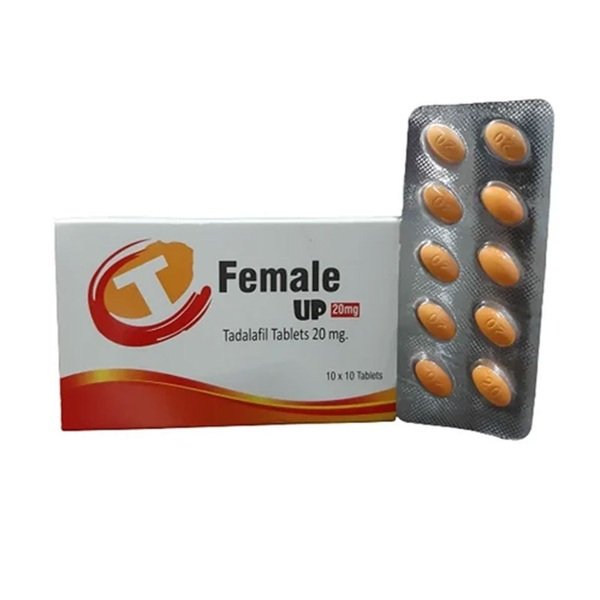
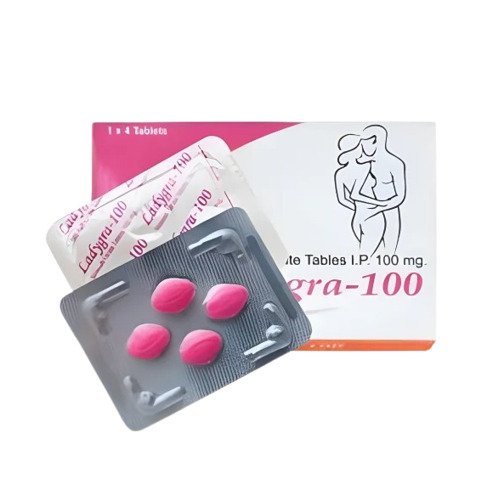

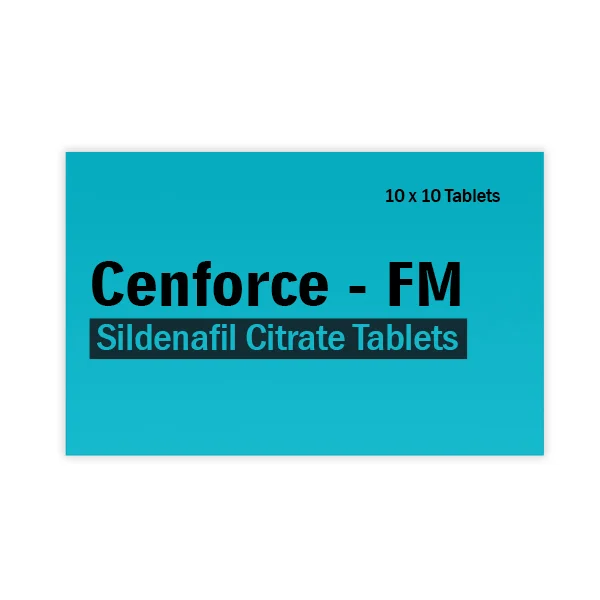
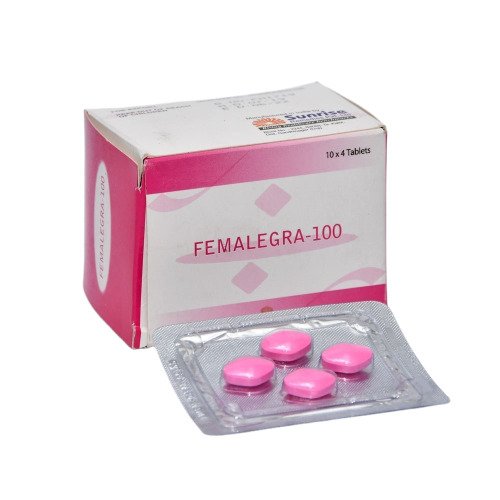
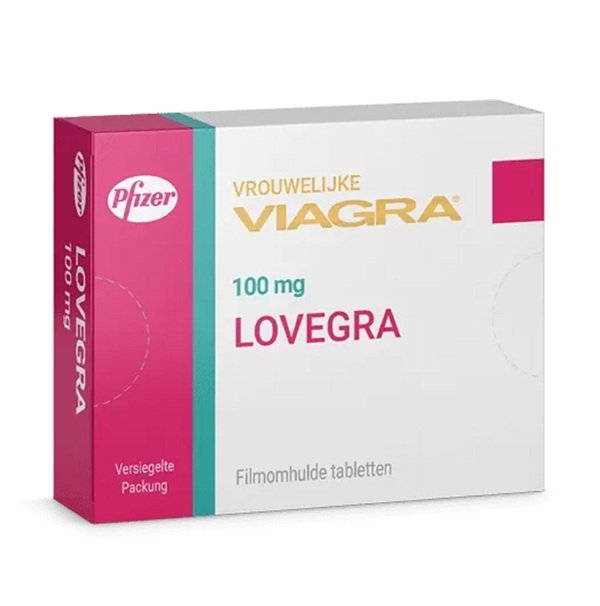
Reviews
Clear filtersThere are no reviews yet.